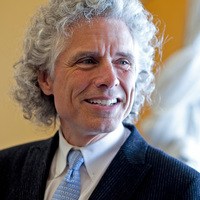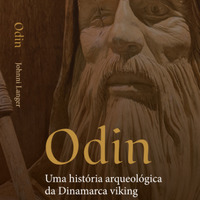
Achintya TCA
Student of Modern Indian History, specializing in Legislative, Legal and Administrative histories. Also interested in mythological studies, ancient political and world history, and military histories
Phone: 9810672325
Phone: 9810672325
less
Related Authors
Galen Strawson
The University of Texas at Austin
Steven Pinker
Harvard University
Alejandra B Osorio
Wellesley College
Shaun Gallagher
University of Memphis
John Johnson
Pennsylvania State University
Armando Marques-Guedes
UNL - New University of Lisbon
Lorenzo Verderame
Università degli Studi "La Sapienza" di Roma
Florin Curta
University of Florida
Crispin Bates
University of Edinburgh
Johnni Langer
UFPB - Universidade Federal da Paraíba
InterestsView All (13)










Uploads
Papers by Achintya TCA
communities to negotiate with the state in early colonial India.
Both the causes and impact of the degradation of this ability
are examined; the argument builds on and expands on work by
Parthasarathi and others to make a case for exploring migration on
a pan-regional scale. The article explores the ideological rooting
and impact of the approach; it proposes that in conjunction with
traditional arguments relating to economics and society, military
recruitment played a key role in the evolution of policy aimed
at suppressing mobility among peasant and cultivator classes in
early colonial India.
thewire.in/54431/is-there-any-hope-for-academic-writing/
The internal assessment project inculcated a set of questions that needed to be incorporated into the paper. Given below are the questions, which will thus give an insight into some of the specific arguments contained within the paper
Questions for Reflection
Why did Acton said that the “ancients understood the regulation of power better than the regulation of liberty”?
Why did Constant say that “social power injured individual independence in every possible war”?
According to Hayek, how did the empirical English tradition of liberty differ from the rationalistic French idea of liberty?
Do you agree with Bayly’s argument that there is “nothing … in the ideological inheritance of Asians that prohibits the acceptance of personal autonomy as a core value”?
Drafts by Achintya TCA
Other by Achintya TCA
communities to negotiate with the state in early colonial India.
Both the causes and impact of the degradation of this ability
are examined; the argument builds on and expands on work by
Parthasarathi and others to make a case for exploring migration on
a pan-regional scale. The article explores the ideological rooting
and impact of the approach; it proposes that in conjunction with
traditional arguments relating to economics and society, military
recruitment played a key role in the evolution of policy aimed
at suppressing mobility among peasant and cultivator classes in
early colonial India.
thewire.in/54431/is-there-any-hope-for-academic-writing/
The internal assessment project inculcated a set of questions that needed to be incorporated into the paper. Given below are the questions, which will thus give an insight into some of the specific arguments contained within the paper
Questions for Reflection
Why did Acton said that the “ancients understood the regulation of power better than the regulation of liberty”?
Why did Constant say that “social power injured individual independence in every possible war”?
According to Hayek, how did the empirical English tradition of liberty differ from the rationalistic French idea of liberty?
Do you agree with Bayly’s argument that there is “nothing … in the ideological inheritance of Asians that prohibits the acceptance of personal autonomy as a core value”?